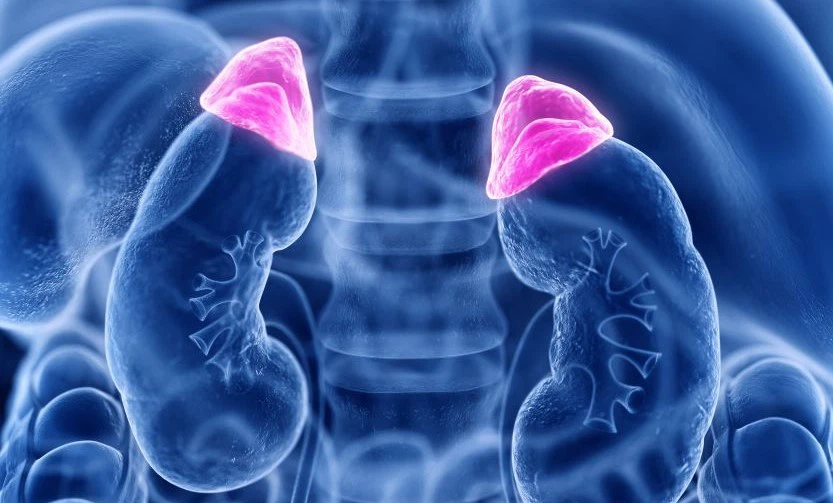What Causes CAH?
CAH is the result of genetic mutations that prevent the adrenal glands from making enough cortisol, aldosterone, or other vital hormones. In response, the body often overproduces androgens (male hormones), which can affect physical development and overall health.
Common Symptoms
The symptoms of CAH differ in severity but may include:
-
Electrolyte imbalances that can cause dehydration, low blood pressure, or shock in severe cases.
-
Differences in sexual development that may appear in newborns and young children.
-
Precocious puberty, where children experience early signs of puberty.
-
Rapid childhood growth, often followed by shorter adult stature.
These signs reflect how deeply adrenal hormones impact physical growth, development, and stability.
How CAH Is Diagnosed
Thanks to routine newborn screenings, most cases of CAH are identified soon after birth. Blood tests and genetic testing confirm the diagnosis, allowing doctors to intervene before serious complications develop. Early detection is key to preventing dangerous electrolyte disturbances and to guiding families through the next steps of treatment.
Managing CAH Over Time
Treatment for CAH typically includes:
-
Hormone replacement therapy, which helps restore hormone balance.
-
Ongoing medical monitoring, ensuring that dosages are adjusted as children grow or as adults’ needs change.
-
Individualized care plans, recognizing that each patient’s condition is unique.
With these approaches, patients can maintain good health and avoid many of the complications associated with untreated CAH.
The Importance of Support
Beyond medicine, families benefit from education and counseling. Connecting with support groups provides encouragement and practical advice for navigating life with CAH. Emotional support plays a vital role in helping children and adults alike build confidence and resilience.
Living a Healthy Life with CAH
Although the journey with CAH can feel overwhelming, countless individuals live active, normal lives with the condition. With proper treatment, regular checkups, and a strong support network, CAH does not have to limit personal goals, ambitions, or happiness.

